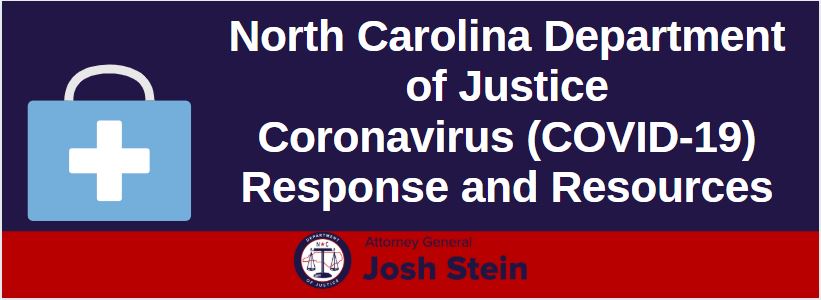Law Enforcement Resources During COVID-19

During the COVID-19 pandemic, law enforcement officers face special challenges in responding to people with addictions. The North Carolina Department of Justice offers these tips in partnership with Addiction Professionals of NC (APNC) and the NC Harm Reduction Coalition (NCHRC).
What to Expect
People with Substance Use Disorder (SUD) are under extreme stress from COVID-19.
Expect to encounter people with SUD with disrupted access to:
- Licit and illicit drugs
- Substance use disorder and mental health treatment
- Harm reduction and healthcare services
- Friends, family, and recovery support services
Expect to encounter people with SUD who may be:
- Overdosing or at heightened risk of overdose
- In withdrawal
- At heightened risk of homelessness and domestic violence
- Disoriented, distressed, disconnected, isolated, or scared
Learn more here.
What to Do
Law enforcement should:
- Protect yourself from exposure to COVID-19
- Consider alternatives to arrest and jail (especially as COVID-19 outbreaks grow)
- Get help and referrals to treatment or services:
- Ask your LME-MCO about getting people who are in crisis to:
- Facility-Based Crisis Centers
- Behavioral Health Urgent Care Facilities
- Mobile Crisis Services
- Seek assistance, where available, from:
- Community Paramedic programs
- Law Enforcement Assisted Diversion programs
- Other pre-arrest diversion programs
Learn more here.
What to Know
Please be aware that syringe service programs are considered an “Essential Business and Operation” under Governor Cooper’s Executive Order #121. Learn more here.
The CDC is offering guidance on “What Law Enforcement Personnel Need to Know about COVID-19”.
Most mental health and substance use providers are still providing services, though most services are providing using telehealth strategies.
